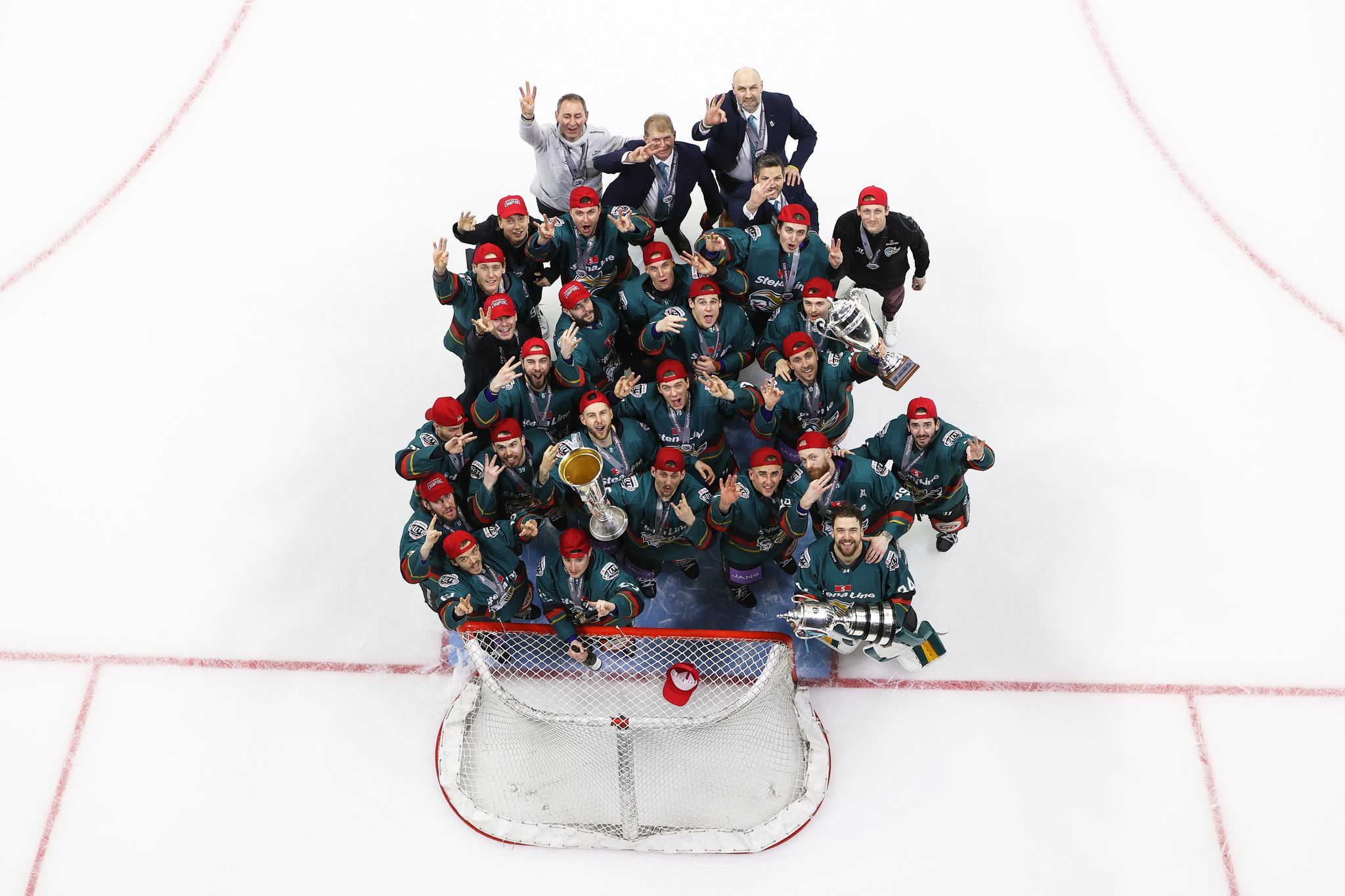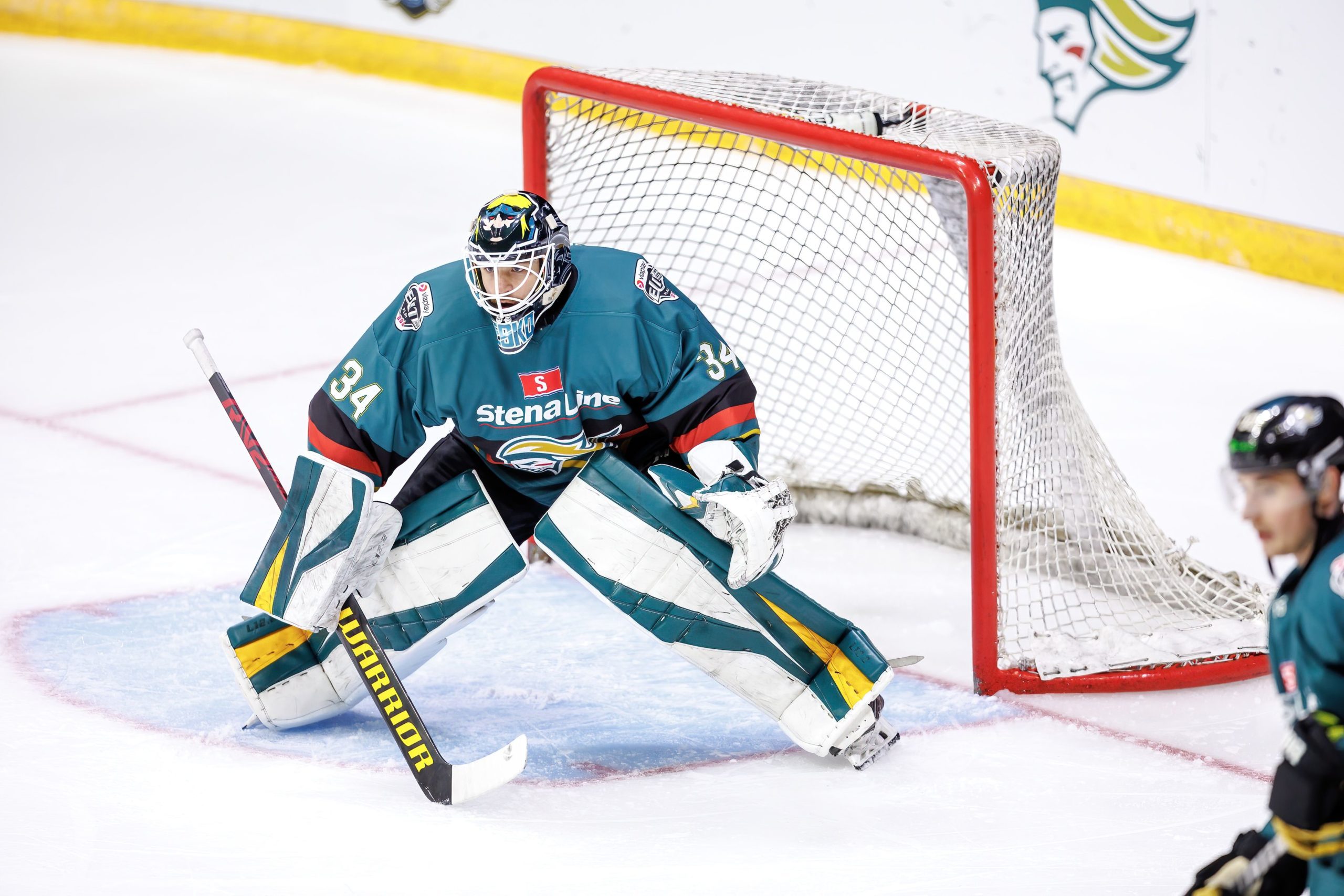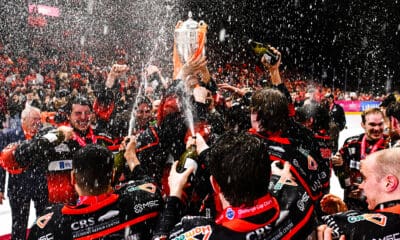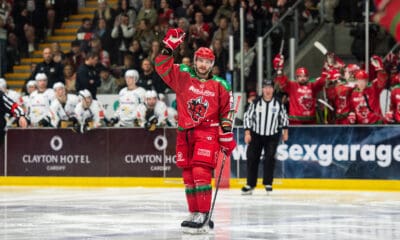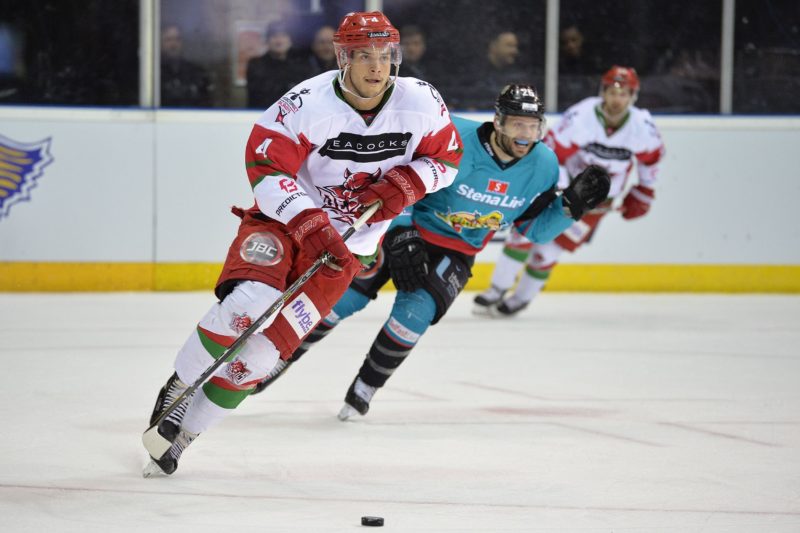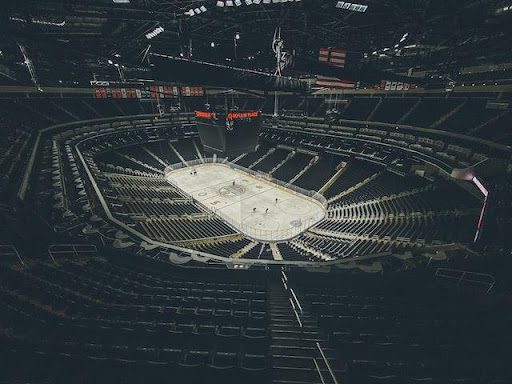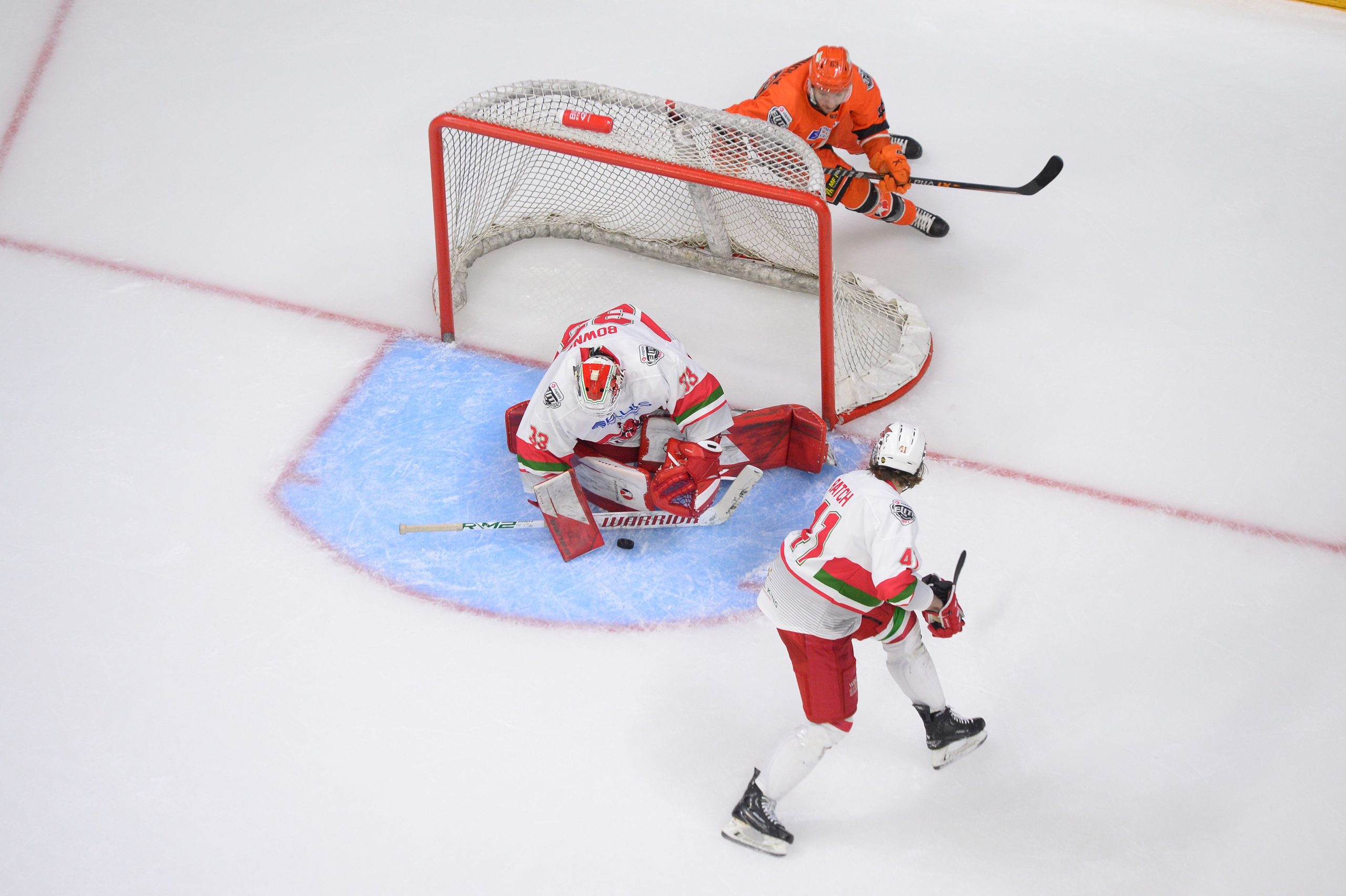
The Elite League has announced its roster regulations ahead of the highly anticipated 2023-24 season, with the number of gameday import slots narrowly increased.
Maintaining consistency from last season, each gameday roster will consist of 18 skaters and two netminders. However, the number of non-homegrown players permitted on gameday rosters will increase from 14 to 15.
The Elite League has opted to retain total roster size rules, with each club permitted to sign a total of 29 players per season. The total number of import players each team is permitted to sign remains unchanged at 20.
“We want to continue to improve the competitiveness and standard of the product which saw record crowds and over a million spectators during the 2022-23 season,” explained Elite League chairman Tony Smith. “As a league, every team is committed to making the EIHL the best level of hockey that it can be, and we’re sure our fans will be excited to see teams back on the ice in September.
“As the biggest indoor sport in the UK, we’re keen to work with Ice Hockey UK to further the development of British players coming through junior systems across the country and keep Team GB at the highest level of world ice hockey for as long as possible.
“We will be continuing discussions with Ice Hockey UK over the coming weeks to help form a joint strategy for the short, medium and long-term development of GB talent to fulfil this ambition.”
Added Clifton Wrottesley, the recently appointed chair of Ice Hockey UK: “All parties acknowledge that import levels have a significant effect on [Team] GB’s ability to develop homegrown talent to the required level for the Elite League and the National Team.
“But we also acknowledge that imports have played a significant role in helping the National Team get up to and back to the top tier of the World Championships. Import levels is one of several topics that we will all be turning our minds to when we meet.”
Analysis: Revised Elite League roster regulations will squeeze young homegrown players (again)
The Elite League talked the talk in its latest press release, with competition chair Tony Smith proudly reminding the hockey-watching public that the vast majority of Team Great Britain players and coaches are sourced from the nation’s top-ranking division.
“We are delighted to support the Great Britain National Team and [are] proud that 90 percent of the players that won promotion to the elite group at this year’s World Championships played in our league, as well as coaches,” said Smith – no doubt in anticipation of public critique.
And, as you would expect, there is plenty of criticism floating around social media following the statement from the Elite League – all of it directed from the same school of thought.
‘Increasing the number of gameday roster spots available to foreign players will have a detrimental impact on the future of homegrown players and the national team,’ argue the nay-sayers.
‘The Elite League isn’t a development league,’ respond the defenders.
Whether you lean one way or the other in the debate outlined above, it is undeniable that raising the gameday import limit will make it more difficult for homegrown talents to break into and stay in the Elite League.
Whether you feel that is a positive, negative, or irrelevant development – it is a fact borne out of elementary mathematics and one that has already impacted the player market.
There is a universe where this decision works out well for everyone involved.
The Elite League, with an extra import on each gameday roster, will be able to offer an improved product and provide players (including homegrowns) with a higher level of competition. That should help homegrown players in the top tier take the next step.
The National League will also improve – simply because the number of jobs available to homegrown players in the top tier will decrease, forcing them into the second division. Those players would receive increased ice time, benefiting their development.
In an ideal world, everyone would benefit from an increased number of imports in the Elite League, with quality filtering down the system.
But we don’t live in an ideal world – and critics have valid concerns about the impact of the rule changes.
Ultimately, there will be fewer homegrown players skating in the Elite League every night, making it more difficult for young talent to break into the professional ranks once again.
As always, the debate will rage on.

